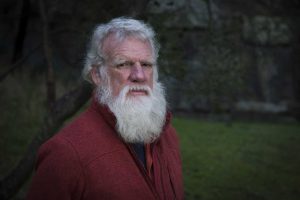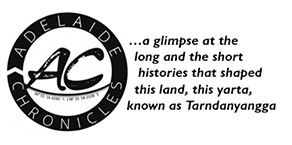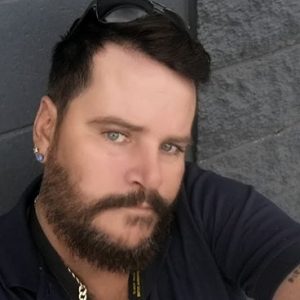We started by asking 20 people to answer this question.
-
What does a sustainable, inclusive future look like to you and what are the central "unlearnings" to achieve this?
Reflections from Ali Gumillya Baker
Ali Gumillya Baker reflects on the lack of role models in her academic and arts education, and her passion to change this. She talks of having never been taught by an Aboriginal person even in “Aboriginal studies”, and how our education system forgets to include “local history of Aboriginal cultural matters” She offers us wisdom and advice on the past, present and future of cultural understanding.
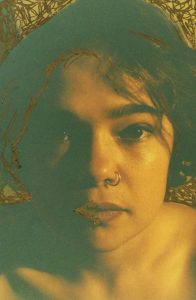
Michael O’Brien: A 3 part story
In part 1 of these amazing reflections, Michael O’Brien (Mickey O) talks about assimilation and some of the ways Aboriginal people are perceived in today’s society. He makes the point that Australian stories are often based around WW1 and the ANZACS but do not include the Frontier wars and massacres. He speaks of how democracy should be “inclusive” and what community means.
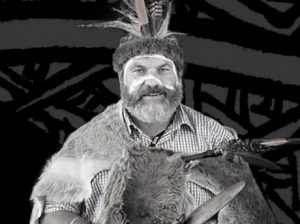
Part One:
Part Two:
In part 2 Mickey speaks of some unlearnings, how Christianity promotes nature as a resource to be used by and for the people, whereas Aboriginal spirituality involves people being an integral part of the land.
Part Three:
In part 3 Michael mentions getting the best of both worlds and creating change. He speaks also of the influence of the Elders on the young ones. There are some real pearls in here and lots of tributes to his parents in passing down these stories.
Danny O’Shane on Language
KuKu Yalanji Elder Danny O’Shane speaks about the importance of language and a project that brings local languages into schools.
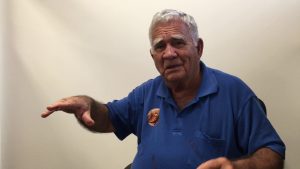
Angelena Harridine Buckskin – The Effect of Food
Senior Kaurna woman Angelena Harridine Buckskin talks about the impact of European food on Aboriginal people.
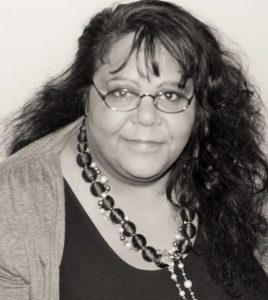
Karranjal John Hartley
John talks about values beliefs and cultural practices that are centred around sustainability and continuity, which is the opposite of what is happening in our society today. He stresses the importance of Aboriginal language to the understanding of the land.
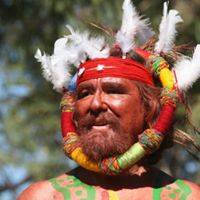
Part One:
Part Two:
In this thoughtful and thought provoking segment John equates unlearning with de-colonising and re-learning the reciprocal obligations that we all have to what it is that sustains life.
Mike Sadler Burns
You can’t change what you won’t acknowledge, says Mike, listen here for some very interesting insights into what a Utopian land might look like.
Brett Miller Lambadgee
Brett, a young WA Ballardong man currently living on Kaurna land gives a personal perspective on how far we have to go. He raises a vitally important point that the aim for an inclusive sustainable society is impossible when the First People can’t even feel safe going about their daily business.

Bruce Pascoe
The acclaimed author of the book Dark Emu has given his opinions in writing.
A sustainable inclusive future is one where the agricultural economy respects the earth as it would its mother rather than seeing farming as extractive industry dependent on the chemical industry to sustain soil health. That future would live by the principle that Aboriginal people have intellectual property in the drought resistant carbon sequestering plants they domesticated and therefore need to be part of the industry. But what don’t blackfella’s have? Land. You can’t eat our food if you can’t swallow our history.
We need to begin by respecting the soil and bringing our spiritual life into close relationship with our economic life. It is impossible to grow food without thanking the mother. Capitalism believes man has dominion over country. Capitalism has almost destroyed the world. We have to change. Communism believes man has dominion over country and so therefore drained the Aral Sea to grow cotton. We need to change. Love the land not the wallet.
